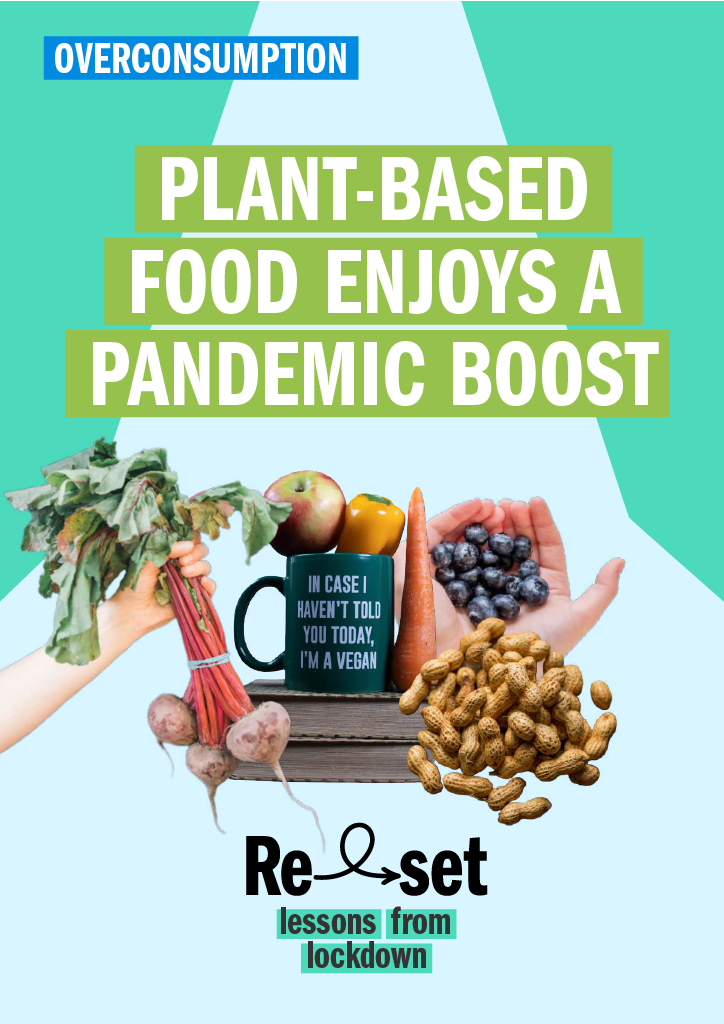There were many different drivers for pandemic-induced dietary shifts. Some people used the pandemic to try and make healthier choices and cut out junk food, while others sought to improve their culinary skills and cook with and for their families. Many people also saw the pandemic as an opportunity consciously to pursue a more climate friendly, sustainable and cruelty-free diet.
People are definitely more aware that animal agriculture, and in particular factory farming which produces over 95% of what is in the supermarkets, is destroying the planet. Awareness about the amount of carbon used to produce animal products is huge, as well the growing importance of food security.
– Danny Moore, Co-Founder of Farmacy Co-op
The pandemic has undoubtedly changed the way people think about their food and what they eat. Many of these changes will stand the test of time as new habits are developed and the increased visibility of plant-based diets sees a different, positive kind of social contagion as people follow friends and family members to eat differently – and with less climate impact.

This story is part of the Reset series – a collection of short downloadable stories that look in more detail at over consumption and unnecessary travel. They consider some of the key messages and solutions that have become apparent during the pandemic that could help us make the rapid transition to a more sustainable future.
This guide has been made possible by the support of ClimateWorks Foundation.
 When the global pandemic hit, many of our habits around food changed as some people working at home had more time to grow and cook food and eat meals together, while others struggled to buy the food they needed. One of the biggest behaviour changes that could offer hope for a rapid transition was the rise of plant-based diets, which can bring a range of significant climate, nature and health benefits.
When the global pandemic hit, many of our habits around food changed as some people working at home had more time to grow and cook food and eat meals together, while others struggled to buy the food they needed. One of the biggest behaviour changes that could offer hope for a rapid transition was the rise of plant-based diets, which can bring a range of significant climate, nature and health benefits.